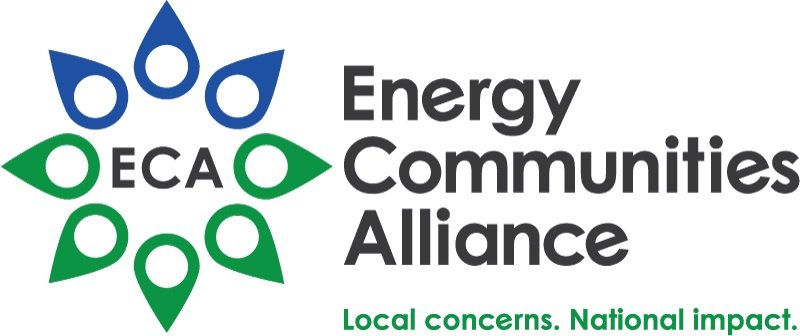Site-by-site details from the President’s budget request
The Department of Energy Office of Environmental Management (DOE-EM) released a budget justification document detailing the requested funding levels for each cleanup site, in addition to the EM programs that support communities.
Overall, the proposed EM budget is $8.28 billion, a $17 million increase above the FY 2023 enacted level. Of that amount, $7.07 billion would be allocated to defense environmental cleanup; $352 million for non-defense environmental cleanup; and $857 million for the Uranium Enrichment Decontamination and Decommissioning (UED&D) Fund.
Below is a breakdown of site-by-site funding requests:
While some sites (Hanford and the Waste Isolation Pilot Plant) have proposed budget increases, other sites (Savannah River Site, Idaho, and Los Alamos) would receive less cleanup funding than they did in FY 2023. EM explains these decreases in requested funding by noting that they are due to completion of certain projects, transition to closure activities, or reductions in costs at those sites.
What is EM prioritizing at each site with FY 2024 funding?
At Hanford, the budget request “is designed to reduce risk; maintain safe operations; perform Hanford site-wide services; support Direct Feed Low-Activity Waste commissioning and operations; and conduct critical site infrastructure projects.”
In Idaho, the budget request supports continued “operation of the Integrated Waste Treatment Unit to begin treating the sodium-bearing tank waste” and beginning of construction for the Idaho Comprehensive Environmental Response, Compensation, and Liability Act Disposal Facility expansion.
At Oak Ridge, FY 2024 funding “supports the transition to cleanup of high-risk excess facilities at Oak Ridge National Laboratory and Y-12 National Security Complex, following successful Deactivation and Demolition activities at the East Tennessee Technology Park.” The budget would also provide for continue shipping of waste to the Waste Isolation Pilot Plant (WIPP) and designing and constructing a second On-Site Waste Disposal Facility.
At WIPP, the budget request “supports disposal facility operations, regulatory and environmental compliance actions,” repairing or replacing infrastructure, and modernizing underground equipment.
At Los Alamos National Laboratory, proposed funding would support continued activities such as the Southern External Boundary Consent Order Campaign and Chromium Plume Control Interim Measure. It would also provide for repackaging of waste that does not meet the WIPP acceptance criteria and continue demolition of deactivated NNSA excess facilities.
At Portsmouth, the budget request supports “continued construction of the second On-Site Waste Disposal Facility project”, On-Site Waste Disposal Facility activities, and continued operation of the Depleted Uranium Hexafluoride Conversion Facility.
At Paducah, FY 2024 funding would “continue the segmentation and downsizing of the C-333 process building converters and bundle compaction.” It would also continue disposition of R-114 refrigerant offsite to reduce site risk and complete Southwest Plume SWMU211-A groundwater remediation.
At West Valley, the budget would support “ongoing demolition of the Main Plant Process Building” and “waste processing, shipping, and disposal of newly generated waste.”
Community Capacity Building Grant Program
In FY 2023, DOE created the Community Capacity Building Grant Program to assist disadvantaged communities, and it received $19 million from Congress. In the new budget request, DOE is requesting $40 million in FY 2024 to expand investments in communities. The budget documents highlight that this year, DOE held a listening session for ECA to provide feedback about how to best serve these communities and how to effectively implement the program.
Workforce
EM is requesting increased funding to develop the future workforce by “partnering with academic, government, and DOE contractor organizations to mentor future minority scientists and engineers in the research, development, and deployment of new technologies that address EM's environmental cleanup challenges.”
The Minority Serving Institutions Partnership Program would receive $56 million in the budget request, which entails research awards to partner with national laboratories, internships and fellowships, and professional development programs.

